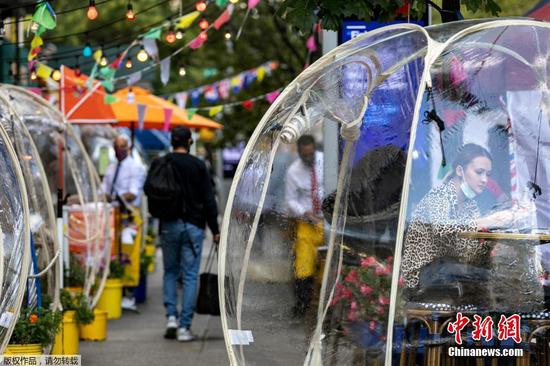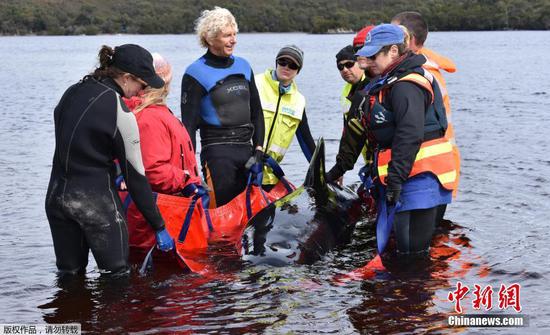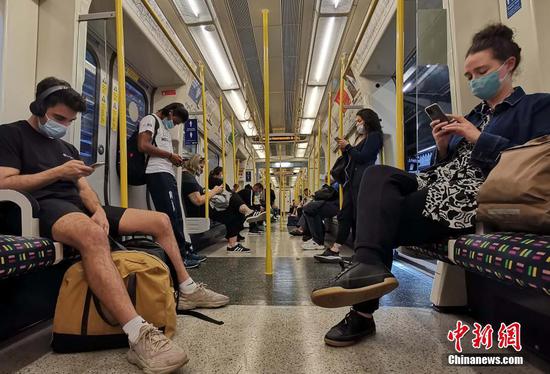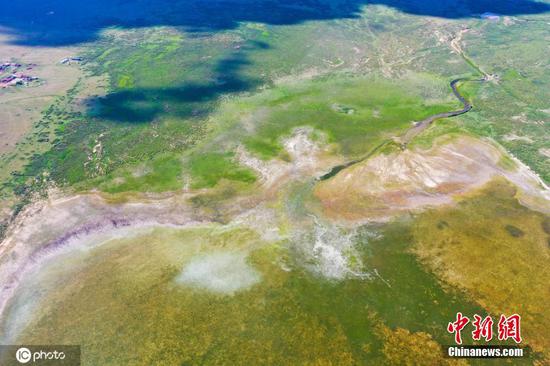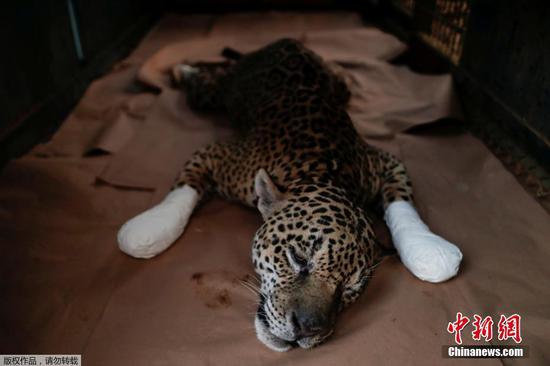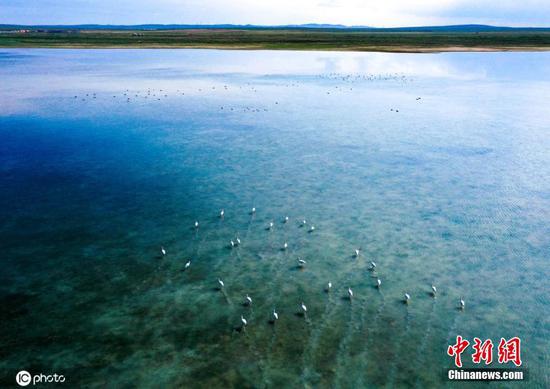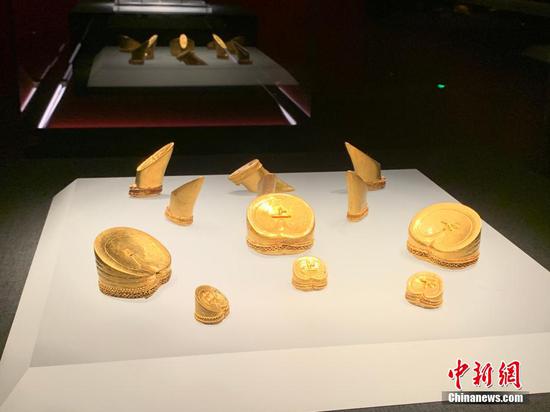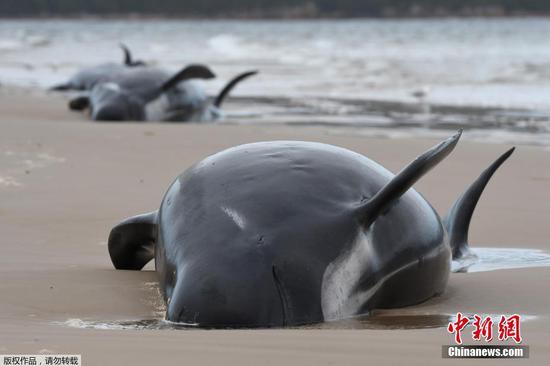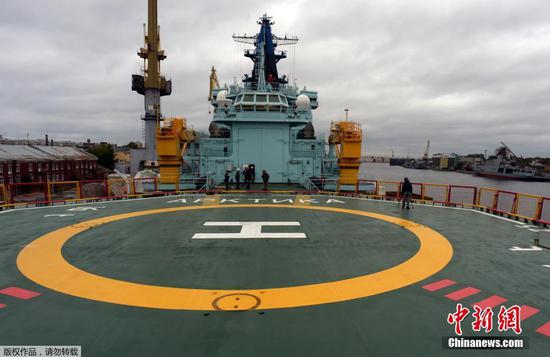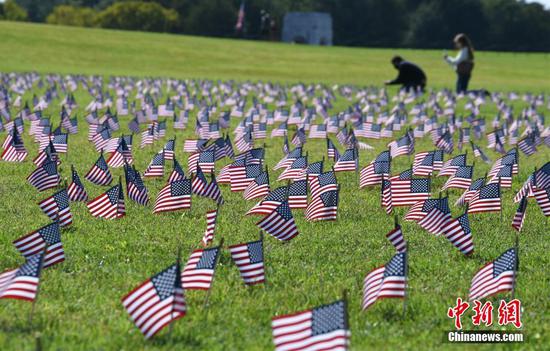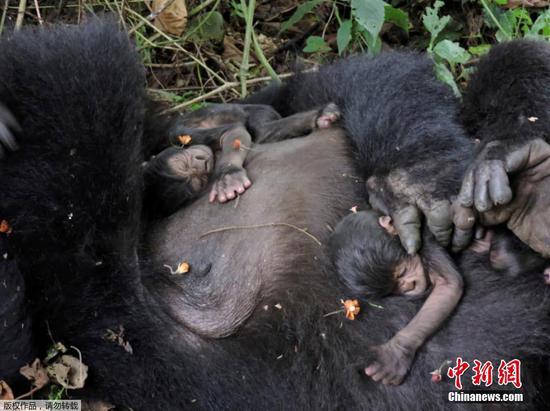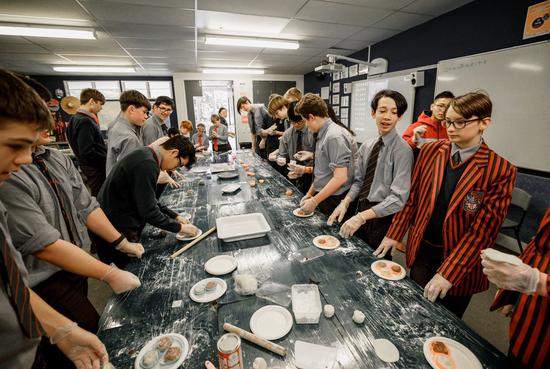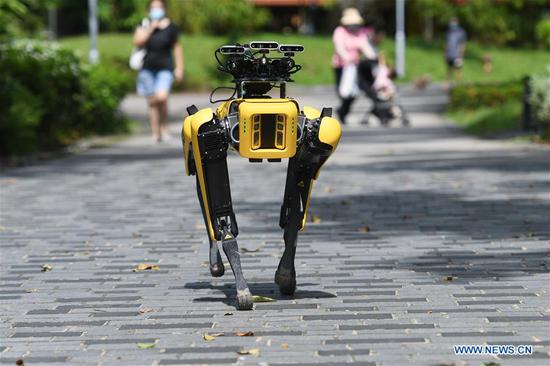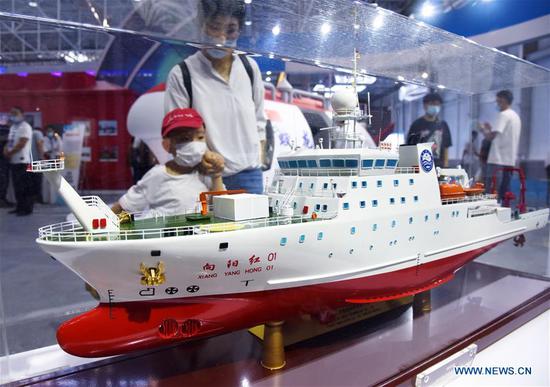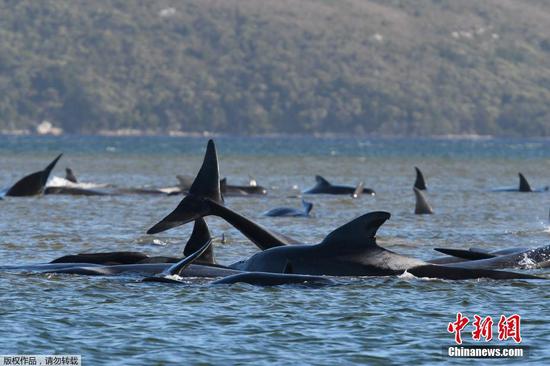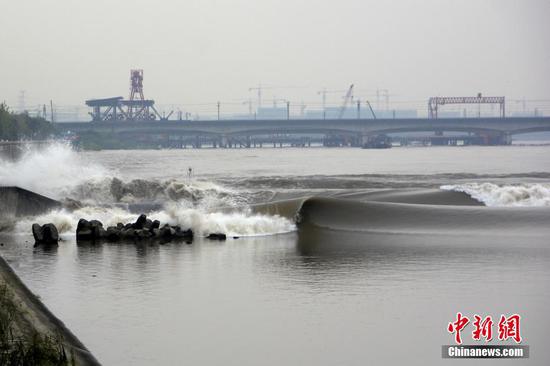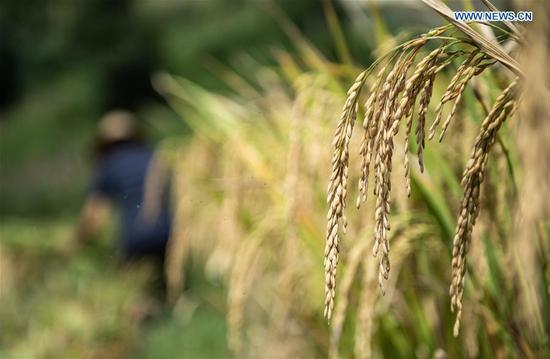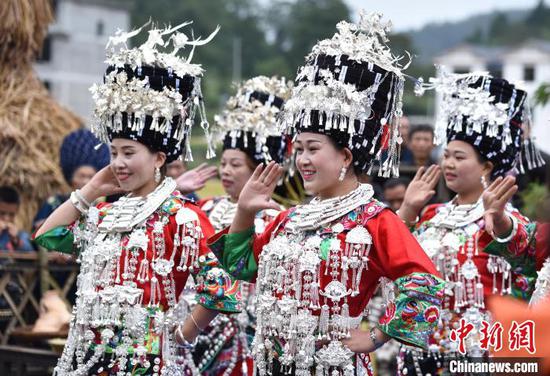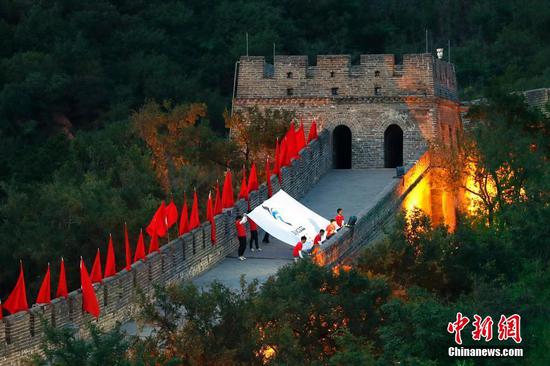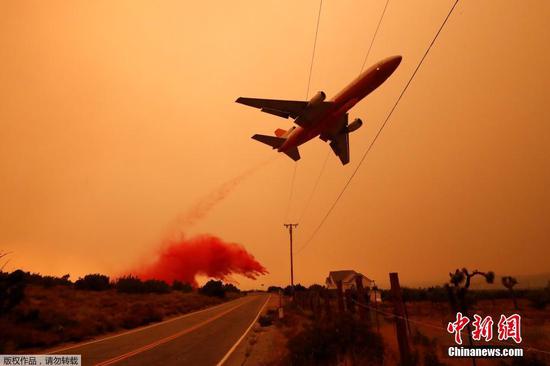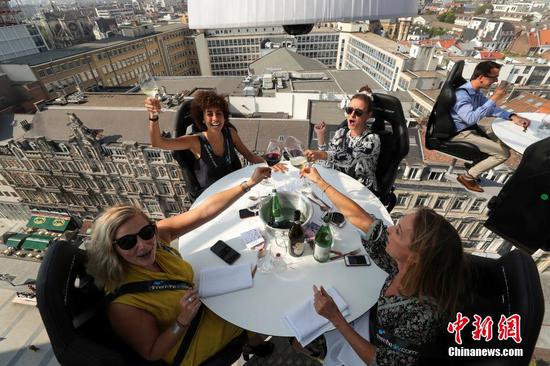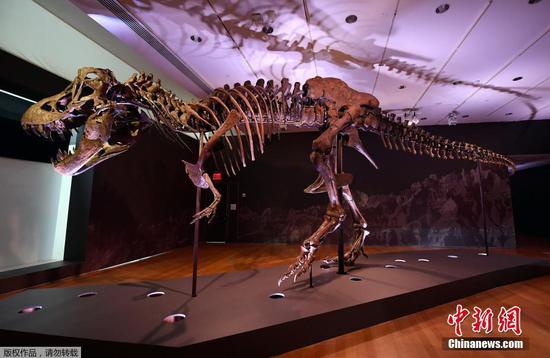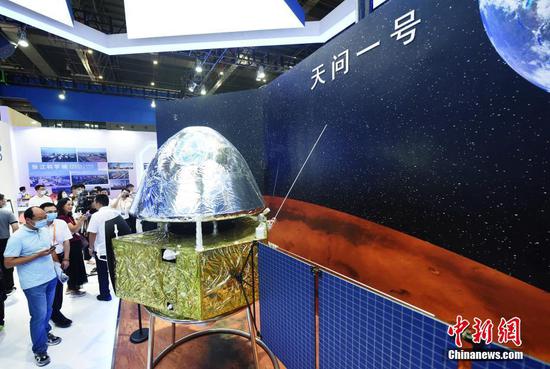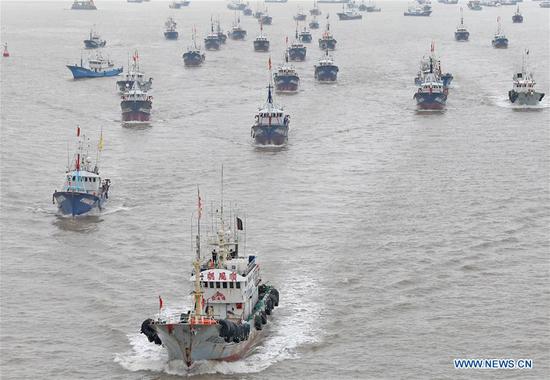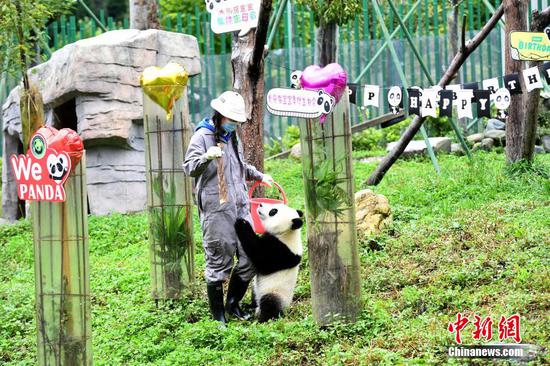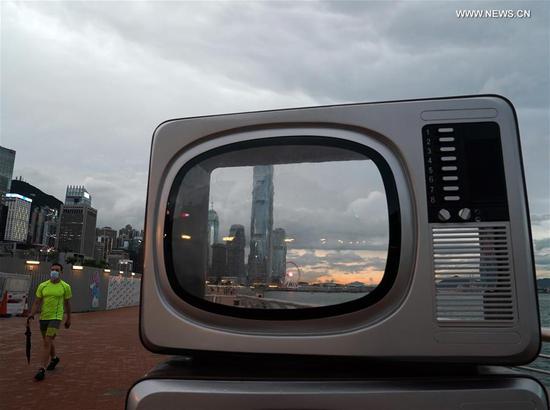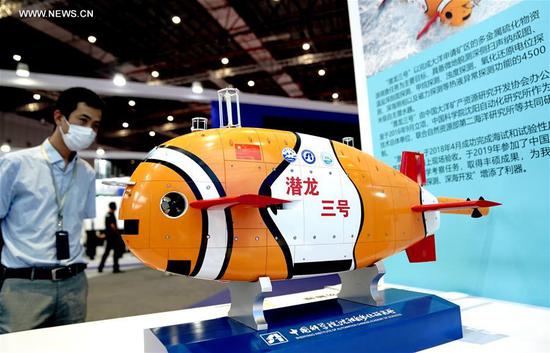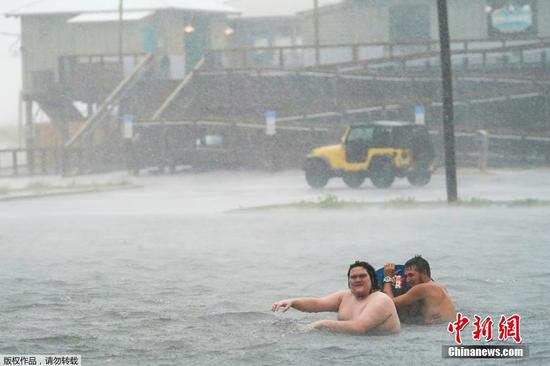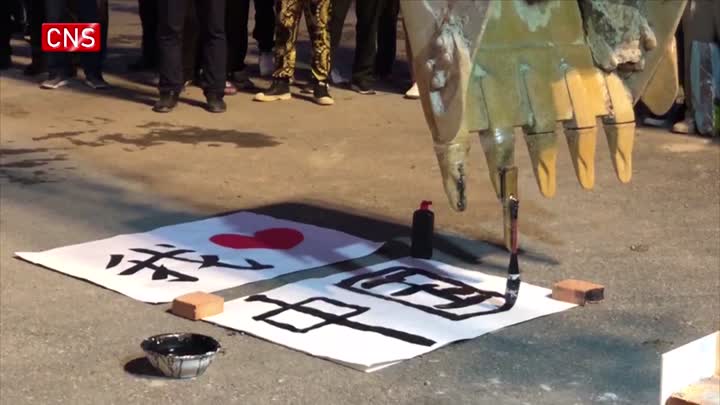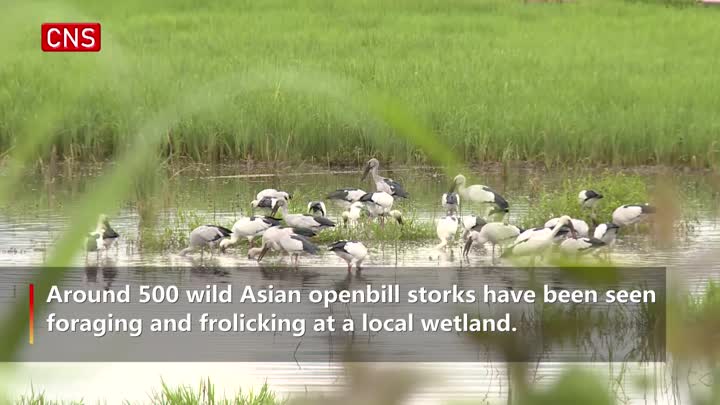Chief Executive of the Hong Kong Special Administrative Region (HKSAR) Carrie Lam said Friday that after a hard-fought battle of more than two months, Hong Kong has basically contained the third wave of the COVID-19 epidemic which started in early July.
Lam said on social media that the epidemic has continued to subside over the past month. The current daily number of newly confirmed cases remains at single or low double digits and most of them being imported cases.
The number of local cases with unknown sources of infection has significantly decreased, reflecting lower transmission risks in the community, she said.
Hong Kong reported two additional confirmed cases of COVID-19 on Friday, both being epidemiologically linked with local cases, with the total tally stand at 5,058. This is the 5th consecutive day that Hong Kong's daily new COVID-19 cases have remained under 10.
To strike a balance between epidemic prevention and economic recovery, the HKSAR government gradually relaxed the social distance measures starting from late August as the epidemic continues to ease.
Currently, most of the premises including restaurants and places of public entertainment reopened on meeting the epidemic prevention requirements and normal public services fully resumed.
As an important measure of epidemic prevention and control, Hong Kong completed its two-week mass COVID-19 screening program on Sept. 14, with the participation of some 1.78 million residents in total and 32 new patients identified. The program was aimed at identifying asymptomatic patients and breaking invisible transmission chains.
Lam said that the success of the program owes much to the support of the central government, the assistance from the relevant ministries as well as the selfless dedication of some 600 members of the mainland nucleic acid test support team.
The HKSAR government had made preparations by early July before the emergence of the new wave of the epidemic, and was discussing with the governments of south China's Guangdong Province and the Macao Special Administrative Region on the mutual recognition of nucleic acid test results to exempt cross-boundary travelers from compulsory quarantine, Lam said.
"We had also basically completed the technical development of the 'Hong Kong Health Code.' However, due to the rebound in the local epidemic situation, the relevant arrangements could not be implemented. With the epidemic situation stabilizing gradually in Hong Kong, we will strive to restart discussions with relevant authorities to enable members of the public to resume travel as soon as possible," she said.
As for the setting up of "travel bubbles" with other places, the HKSAR government has established an inter-departmental task force which is actively exploring the subject with countries and regions that have a relatively stable epidemic situation and close economic and trade relations with Hong Kong, Lam said.
Furthermore, Lam said the HKSAR government has also commenced construction of a temporary hospital and community treatment facility, with the support of the central government, to enhance the capability of Hong Kong's Hospital Authority to provide isolation facilities and treatment for patients.
The additional community treatment facility to be set up at AsiaWorld-Expo (AWE), a venue near the Hong Kong International Airport, is expected to be completed within several weeks while the new temporary hospital to be built on a piece of land near AWE is targeted for completion in about four months, she said.










